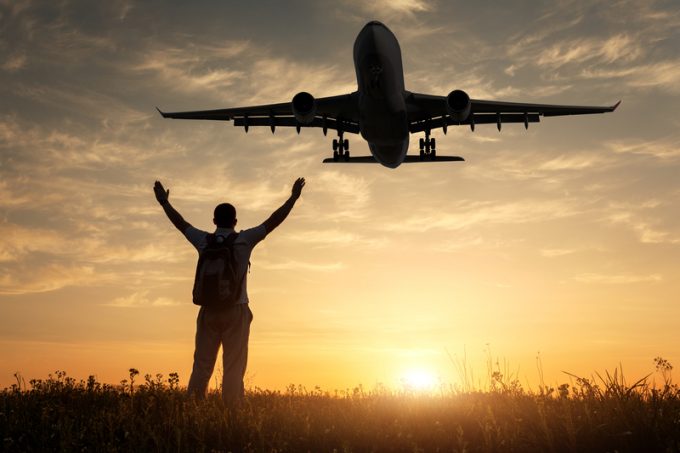No summer siesta for airfreight
Traditionally, air cargo spot rates tend to decline or remain flat at best during H1, ...

Confidence among the air freight sector is at its highest in more than half a decade, and predictions for growth continue well into next year, according to IATA.
Industry revenues are expected to grow by about 15% this year, with 2018’s growth estimate of 9% still well above what the sector has seen in recent years.
IATA’s chief economist, Brian Pearce, said air freight had clawed back the $20bn in revenues lost since 2010, but noted there was still a way to go to make up lost ground on yields.
“That said, it is on the right track, and although I’d say demand has hit its peak, there is still room for growth, with expectations that some $6.2trn in goods will travel by air next year,” said Mr Pearce.
“And, as it stands, I would say the industry is looking at a gradual slowing of demand rather than some of the historic sharp drops it has experienced.”
However, Mr Pearce said the industry tended to work in eight-year cycles, adding that it was in the eighth year of its current cycle.
But, he said, the problem was these cycles were generally ended by an event that came as something of a shock, citing 9/11, the 2008 economic crash and the SARS outbreak.
“Typically, these drops have also been linked to financial effects, but we are seeing no signs of that,” he continued. “Certainly though, there are risks around high levels of debt, threats of tariff wars and actual wars and the potential for geopolitical insecurity.”
While 2017 had been a “great year” for air cargo, the underlying world trade situation continued to look “fairly dour” compared with pre-2008. Mr Pearce went as far as to describe trade as “flat as a pancake”; increased industrial protection being the only positive signal.
“Pre-crash we were in a world that was becoming more open – and this is a big positive for air cargo,” he added.
He also called for progress with Brexit, claiming a revision to WTO rules could result in UK trade dropping by as much as 24%, and added that even a negotiated bilateral agreement could lead to a 19% drop.
As for what was driving the industry’s confidence, Mr Pearce said e-commerce remained a major factor, but so was the development of new tradelanes, broadly brought about by widespread economic recovery.
“Businesses are confident, and not just in developed economies but also in the emerging markets, and this, combined with e-commerce, is really promoting sales growth.”
Mr Pearce said air freight had benefited “disproportionately” from the recovery, compared with other forms of transport – largely down to businesses having sold more than expected and needing to restock their inventories, with increasing exports indicative of this.
He added: “These needs, of course, won’t last for ever, but there are signs they are continuing – albeit at a slower pace – and more importantly, that its end will come via a gentle slowdown rather than a sharp drop.”
Comment on this article